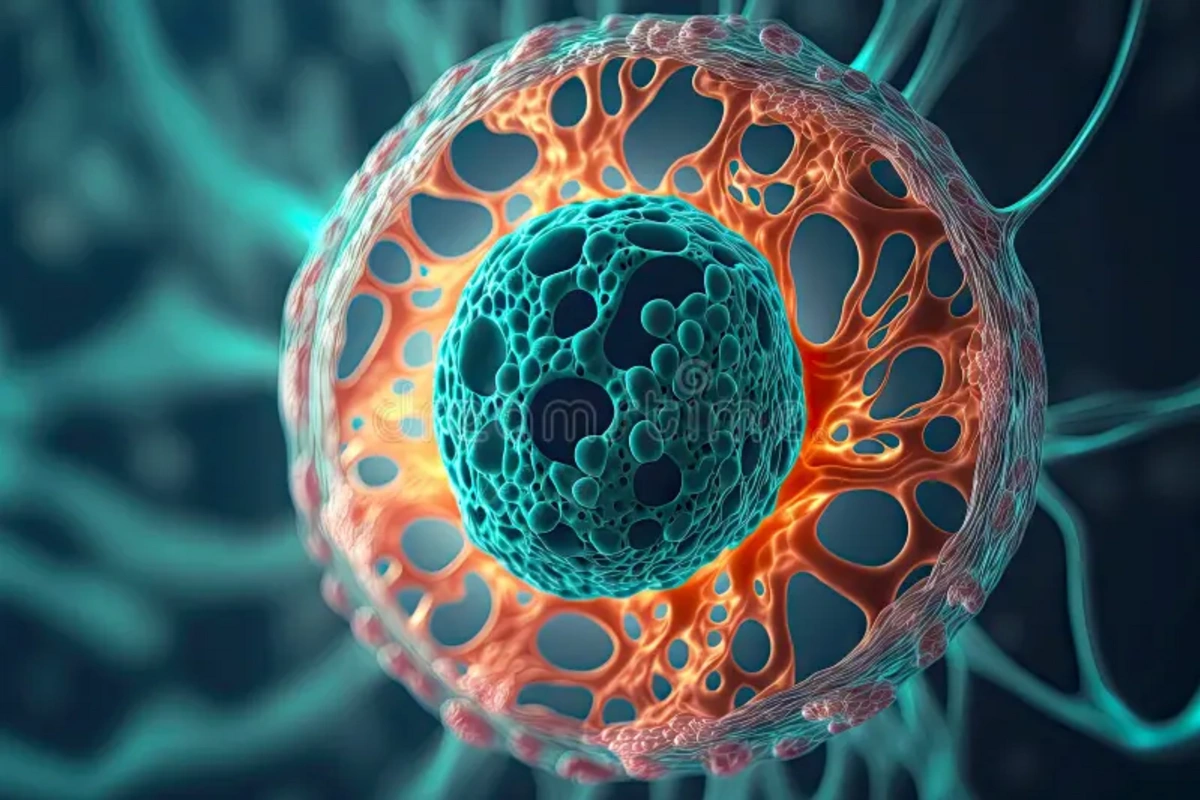Scientists made an astonishing statement about human cells

Researchers from Kyoto University in Japan have come to an unexpected conclusion: it turns out that sound is perceived not only by the ears and brain - even individual cells of the human body react to it. The results of their work are published in the journal Communications Biology.
Sound is not just what we hear. It's mechanical waves propagating through the air and carrying information about the surrounding world. It can cause physiological reactions, and now scientists have proven that sound pressure can directly affect body cells.
A team led by Masahiro Kumeta conducted an unusual experiment: they created special conditions in which cells were subjected to acoustic stimulation. For this, they attached a vibration transducer upside down on a shelf, and through an amplifier and digital player, directed sound waves into a diaphragm attached to a Petri dish with cells.
Using RNA sequencing methods, microscopy, and other technologies, scientists observed how cells respond to sounds within the audible range. The results surprised even the researchers themselves - cells do indeed feel sound.
The effect of slowing down adipocyte differentiation - the process of immature fat cells turning into mature ones - was particularly pronounced. This opens up interesting prospects: sound could become a safe and non-invasive tool for managing tissue condition.
In addition, about 190 sound-sensitive genes were identified. Scientists recorded changes in their activity and began studying the mechanisms by which sound affects cell function.
"Sound is an immaterial but powerful medium. It's safe, requires no intervention, and can be used for fine-tuning physiological processes," emphasized Masahiro Kumeta.
In the future, scientists plan to study more deeply how exactly sound affects cells, and use this knowledge in medicine.

Similar News
Scientists named a simple way to find out if a person will live to 80 years
In Japan, scientists conducted years of research, during which they were able to identify an important factor that can predict whether a person will live to 80...



 Azərbaycanca
Azərbaycanca  По-русски
По-русски  English
English 






